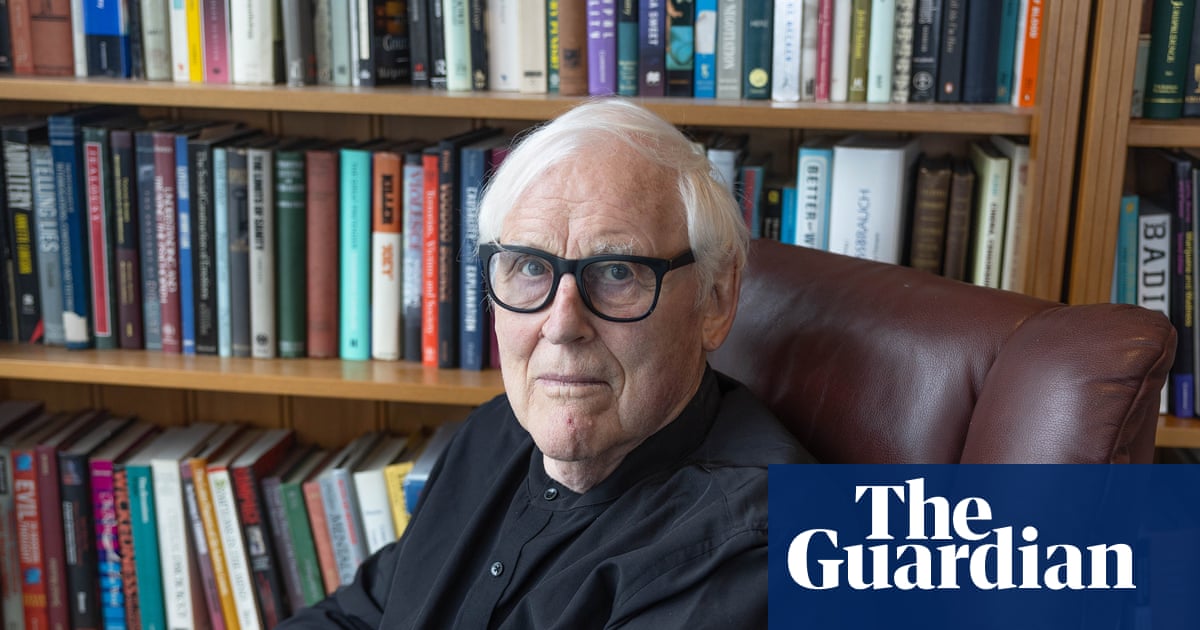The ancient Aztecs aren’t usually grouped with today’s self-help gurus. But their philosophy, preserved in early post-conquest records, offers surprisingly sharp tools for modern life. Unlike stoicism or Buddhism, which emphasize internal reflection as the path to a better life, the Aztecs believed that you should start with your surroundings, your relationships, your body and speech. In their view, wisdom begins outside. Here are 10 lessons from their “outward path”, starting with those that clarify life goals.
1 You aren’t really after happiness, you just think you are
The pursuit of happiness is written into the US Declaration of Independence. Aristotle wrote volumes about its role as the chief aim of our life more than 2,000 years before that. While it’s a staple notion in our culture, the Aztecs took a more realistic approach. “Happiness”, when it’s not some complicated idea that’s drifted from our ordinary meaning, is fleeting and tends to be followed by its opposite: pain or at least fatigue.
That means “happiness” isn’t a suitable goal in life, though it at first looks plausible. What you truly want is something richer, and they likened it to rootedness: being firmly grounded in your body, mind, society and nature. We make sacrifices for our friends and our children, after all, and we think our lives are better for it. That’s exactly the Aztec point.
2 The things that make life worth living also make it fragile
A second idea, which finds some expression in stoicism and Buddhism, is that you’re after a life that is invulnerable. It’s the notion that if you’re a good person, none of the things that matter in your life can be affected by life’s unpredictable events, even by tragedies.
The Aztecs wouldn’t agree. The best things in life, such as love, integrity and justice, also expose you to pain. Emiliano Zapata, the people’s revolutionary in Mexico who was fluent in Nahuatl and loyal to his people, died young because he refused to betray his values. Aztec ethics embrace this tension: that meaning arises from choices that involve risk. A well-rooted life accepts heartbreak as part of the price of significance.
3 The wise don’t think for themselves
It’s tempting to think that if you were just smart enough, you’d have all the answers. We tend to valorize the “lone wolf” individual who knows better than the crowd. But for the Aztecs, you shouldn’t need to “go it alone” if you live in a healthy community of friends and family. Ideally, good thinking is done in good groups.
The Aztecs held structured group deliberations, where even the young had a voice, though experience carried weight. They would advise that you could build your own “decision circle” and vet your goals with people who challenge and support you. If you’re thinking alone, you’re probably not thinking at your best.
4 Great courage comes from small things
The stories of Aztec heroism during the colonial period are legion. For example, it turns out that Cortés had a son, named Martín, with a Native woman. And though Martín should have been treated well, he was left bereft of political protection some time after his (in)famous father died. Local authorities captured him and forced him to endure brutal torture in an attempt to provoke a false confession. Martín never gave in.
While such feats of endurance are partly grounded in a person’s innate personality, Martín may well have learned some of the ways the Aztecs instilled courage through repeated small hardships. They didn’t optimize for ease. They taught their children to sweep before dawn, to carry heavy logs, and to stay up late. But in these many small feats, they also taught them how to sing while they worked and to manage their outlook. Courage starts small and grows strong.
We live in a world under the constant gaze of others. Yet, if you want to live your life, and not the life “they” tell you to lead, you will have to learn to ignore “them”. Similarly, if you want to live well, to preserve the value of your own self-worth, then you need to learn what is of real value. One father is documented as he proudly recounts doing humble, hard work to raise his son, never stealing even a grain.
You can build this skill through strategic vulnerability. Try doing something mildly embarrassing. Speak the truth when it’s awkward. Let your social mask slip. That’s how you can try to gain some distance from “their” gaze.
6 Willpower isn’t one thing, it’s three
A paradox I noticed in graduate school was that I had no problem putting in hours of tedious study, but I would cave on my dieting goals if someone put a cookie in front of me. The Aztecs took an approach that solves this paradox. Willpower comes in three forms:
-
Drive (high-intensity action),
-
Durability (consistent effort), and
-
Discipline (resistance to temptation).
You need different tools for different challenges. Running into a flooded basement is not the same as resisting late-night cake. You need to train all three.
7 When on the path, it’s easier to stay on the path
Consistent action begets more consistent action. Aztec students swept daily before sunrise and kept their rooms clean. Today, it might be spending 15 minutes each day on a foreign language or making your bed. Whatever it is, hook your new effort to an existing habit to build yet more consistent actions.
8 You need to practice cravings to stop them
The Aztecs fasted not to shame their bodies but to train them. Fasting was paired with feasting and used to practice discipline, the kind of willpower that opposes temptation. The goal was a higher-level awareness of your reactions. For example, you might notice that hunger comes in waves, rather than building infinitely. Craving, like emotion, can be ridden out if you know what to expect and why you endure.
9 What crosses your lips pre-frames your mind
The Aztecs emphasized “right speech” as a way of aligning outer habits with inner values. Words, once spoken, nudge your mind into specific frames of thought. So they trained children to speak deliberately, truthfully, humbly, and to avoid gossip. Modern psychologists like Robert Cialdini have come to similar conclusions. What you say out loud subtly rewires how you think. So be careful: your words communicate thoughts and calibrate your expectations.
10 Why the wise follow the outward path
The Aztecs believed wisdom starts not with introspection but with habit, ritual and environment. Clean your space. Speak with care. Eat with intention. Build habits that train your body and attune your mind. As you do, your inner world comes into alignment.
You don’t need to solve your soul before setting your house in order. In fact, the outer path might just be the way to reach your inner peace.
-
Sebastian Purcell is an associate professor of philosophy at Suny-Cortland in New York, where he researches ethics, Aztec philosophy and mathematical logic. He is the author of Discourses of the Elders: the Aztec Huehuetlatolli, a First English Translation and most recently, The Outward Path: The Wisdom of the Aztecs

 3 months ago
104
3 months ago
104

















































